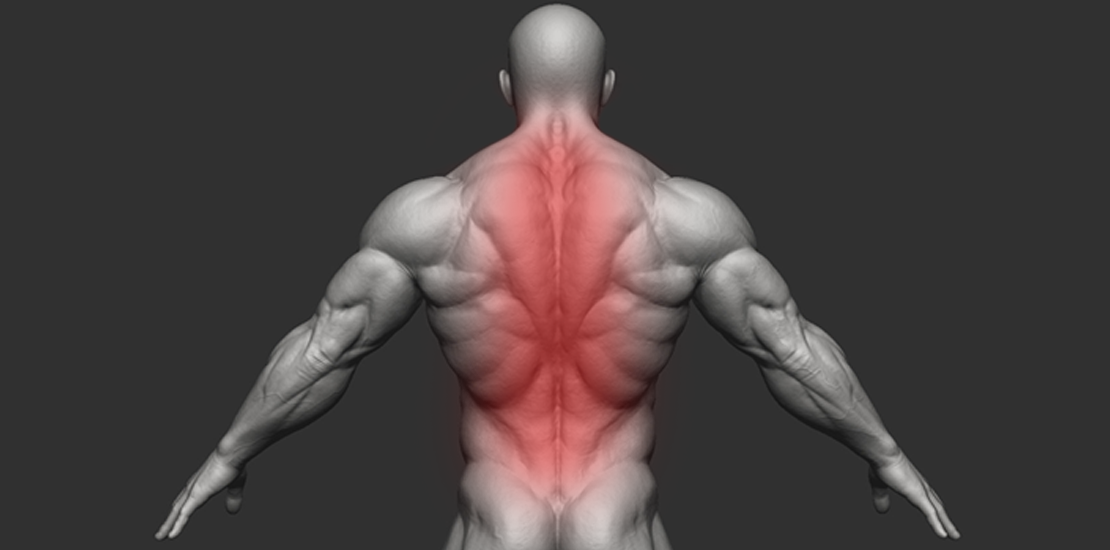
what is this condition
Degenerative disc disease (DDD) is one of the most common causes of low back pain and neck pain. It is not actually a disease but the degeneration is rather a natural part of aging that occurs over time in all humans. However, it is hastened up and occurs to a greater degree in some individuals and is associated with symptoms of pain and possibly radiating weakness or numbness. Not all people will develop symptoms and the condition is quite variable in its nature and severity.
what causes this condition
The degenerative cascade theory explains how this pathology occurs. The contents of the intervertebral disc are altered and it loses much of its water content with subsequent, cracking, hardening and breaking down of the disc. Genetic predisposition is considered the main cause; that is in addition to other risk factors such as unhealthy life style, substance abuse, weight gain, strenuous repetitive movements. Pain from a degenerated or collapsed disc is usually caused by both instability and local inflammation.
how it may feel if I have this condition
Most patients with DDD will experience persistent dull aching back pain of variable intensity that will occasionally intensify and can become severe. The pain is usually related to activity and will flare up at times but then retreat. Certain positions and activities will usually make the pain worse. The body reacts to the disc pain with muscle spasms and the patient often may feel or misinterpret this spasm to be like a swelling or lump in his back or neck. Activities that involve bendingand twisting will usually make the patient’s pain worse.
what is the treatment
Pain control with medications and anti-inflammatory drugs are useful in early cases. Many people can benefit from lifestyle modifications and physiotherapy. The focus of this part of treatment is education and resources to help the patient develop a healthier lifestyle.
When surgery is considered in persistent, long-lasting cases of DDD; traditional operative solutions are often offered such as spinal fusion or artificial disc. These are extensive surgeries with apparent downsides that typically – later on in life – limit the patient’s mobility and unrestricted return to full activity. At ECC , we utilize an armamentarium of minimally invasive procedures that range from local injections to more interventional ablations, laser therapy, and radiofrequency to treat DDD tailored according to each patient’s individual condition.

